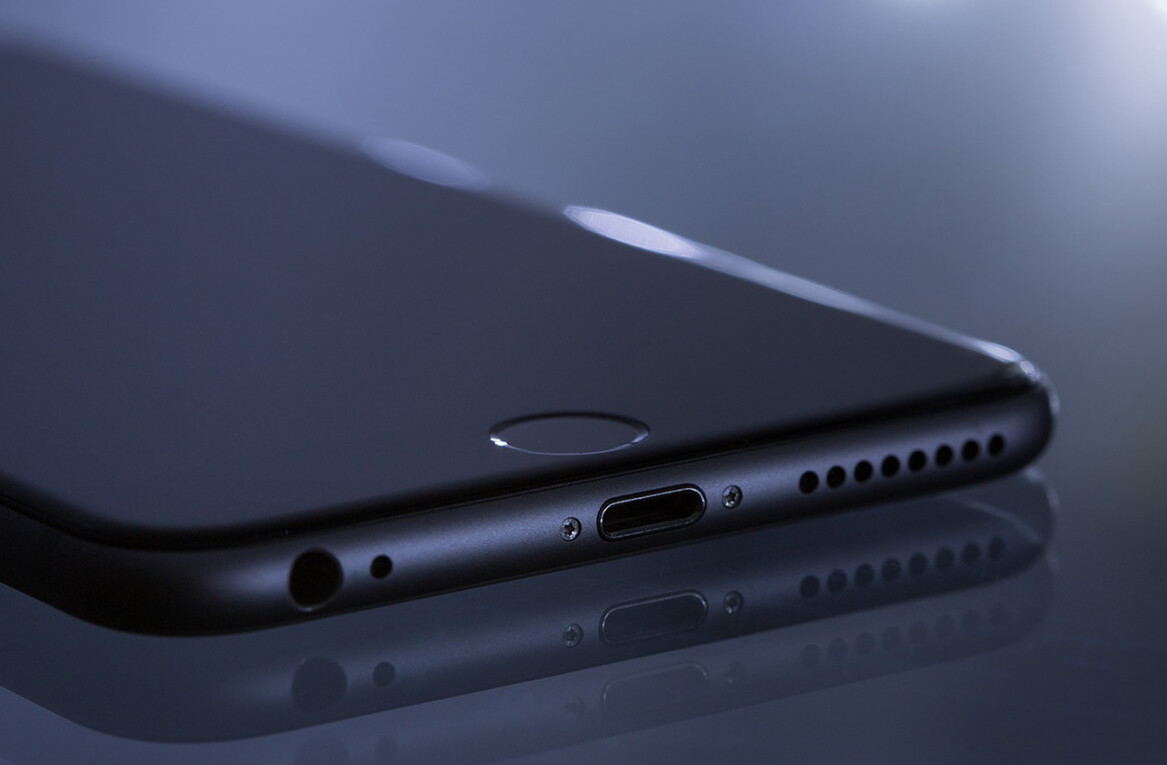
Mobile messaging service WhatsApp has announced record user numbers, after revealing that the service just processed 27 billion messages over a 24 hour period. That’s significantly up on its previous best of 18 billion from the final day of 2012.
Breaking the figures down in more detail, that 27 billion consists of 10 billion inbound messages from WhatsApp users and 17 billion messages received. The reason that these do figures don’t match is that they include group messages; “sending one message into group chat of 10 people is 1:10 inbound:outbound,” the company explains.
The messaging app allows users to send free text and multimedia messages to individuals or groups. It is available for a range of devices and platforms, including iOS, Android, Windows Phone, BlackBerry, Asha, Symbian and more.
The company is notoriously discrete with communicating its milestones, and the latest figures were (once again) distributed via its Twitter account.
new daily record: 10B+ msgs sent (inbound) and 17B+ msgs received (outbound) by our users = 27 Billion msgs handled in just 24 hours!
— WhatsApp Inc. (@WhatsApp) June 12, 2013
The fact that WhatsApp has beaten its previous best — which was set during a period when messaging very often peaks — is telling. Twitter, Facebook and others don’t outgrow their stats from New Year’s eve within six months; WhatsApp is continuing to grow at a phenomenal rate.
WhatsApp CEO Jan Koum recently revealed that the company has more than 200 million active monthly users (the total number of registered users is unknown). That makes it larger than Twitter and it’s fair to say it is leading the mobile messaging industry at this point.
The company has signed deals with operators across the world and has partnered handset makers — including Nokia, which built a physical WhatsApp button on the Asha 210 — in a bid to widen its base to make the service useful for increasing numbers of people.
BlackBerry, which once dominated the space, says its BlackBerry Messenger (BBM) service has 60 million users who send and receive some 10 billion messages each day.
The Canadian company claims that is “nearly twice as many messages per user per day as compared to other mobile messaging apps”, however, as analyst Benedict Evans points out, the firm initially counted 10 billion sent and 10 billion received separately but the correct figure is 10 billion sent and received. Even with the wrong data, WhatsApp is some way ahead.
Looking at other major players, Korea’s KakaoTalk this week confirmed with TNW that it has 96 million registered users who send 5.2 billion messages per day.
Asia’s other messaging giants — WeChat from China, Line from Japan and India’s Nimbuzz — do not reveal message volumes, but have built impressive user bases of more than 300 million, 150 million and 150 million respectively (Tencent-owned WeChat is actually right behind WhatsApp with 195 million monthly active users.)
WhatsApp has powered ahead on user numbers but many of its rivals are adopting different monetization models to WhatsApp’s subscription-based model — which charges users $0.99 per year for unlimited use.
KakaoTalk and Line make impressive amounts of money through games and virtual content — Line booked $58 million in Q1 2013 — and last week US-based video messaging specialist Tango launched a similar gaming platform for its 120 million users. Canada’s Kik — which has 50 million users — has also shown its intention to follow suit using an HTML5 content platform which will be opening to developers soon.
There have been whispers that WhatsApp might turn its hand to content but, for now, that leaves us in an interesting position where the market leader is the only one not currently chasing the red hot business model. Time will tell whether that decision is a wise one.
Headline image via abulhussain / Flickr
Get the TNW newsletter
Get the most important tech news in your inbox each week.




